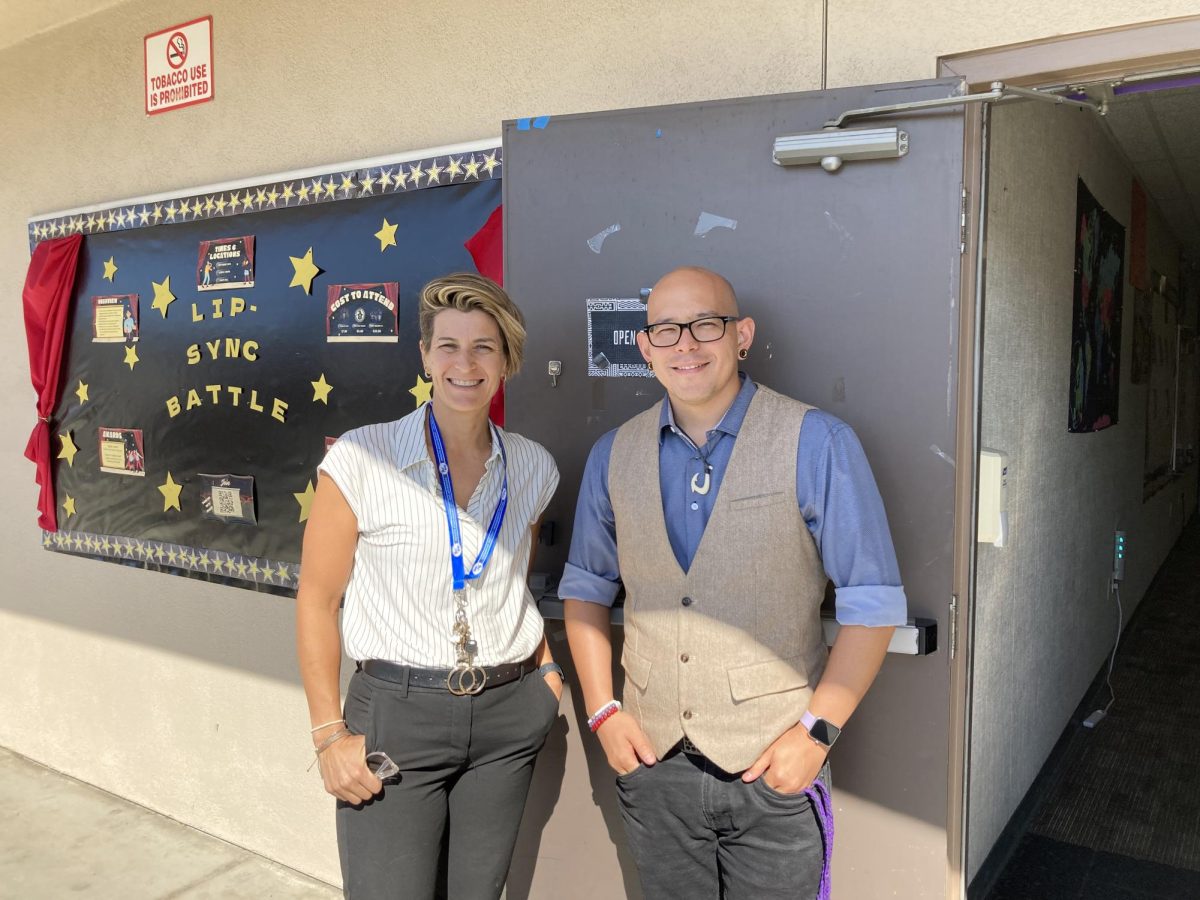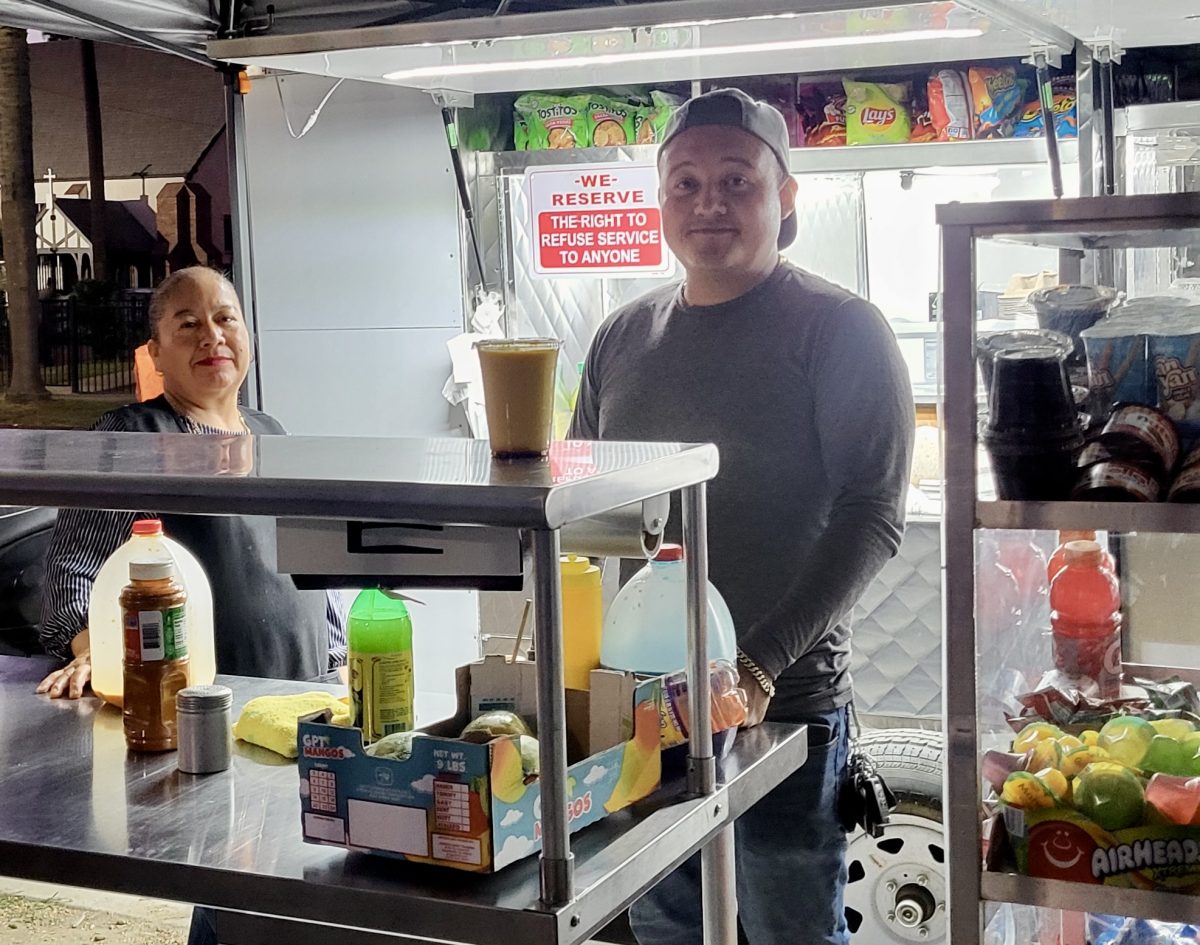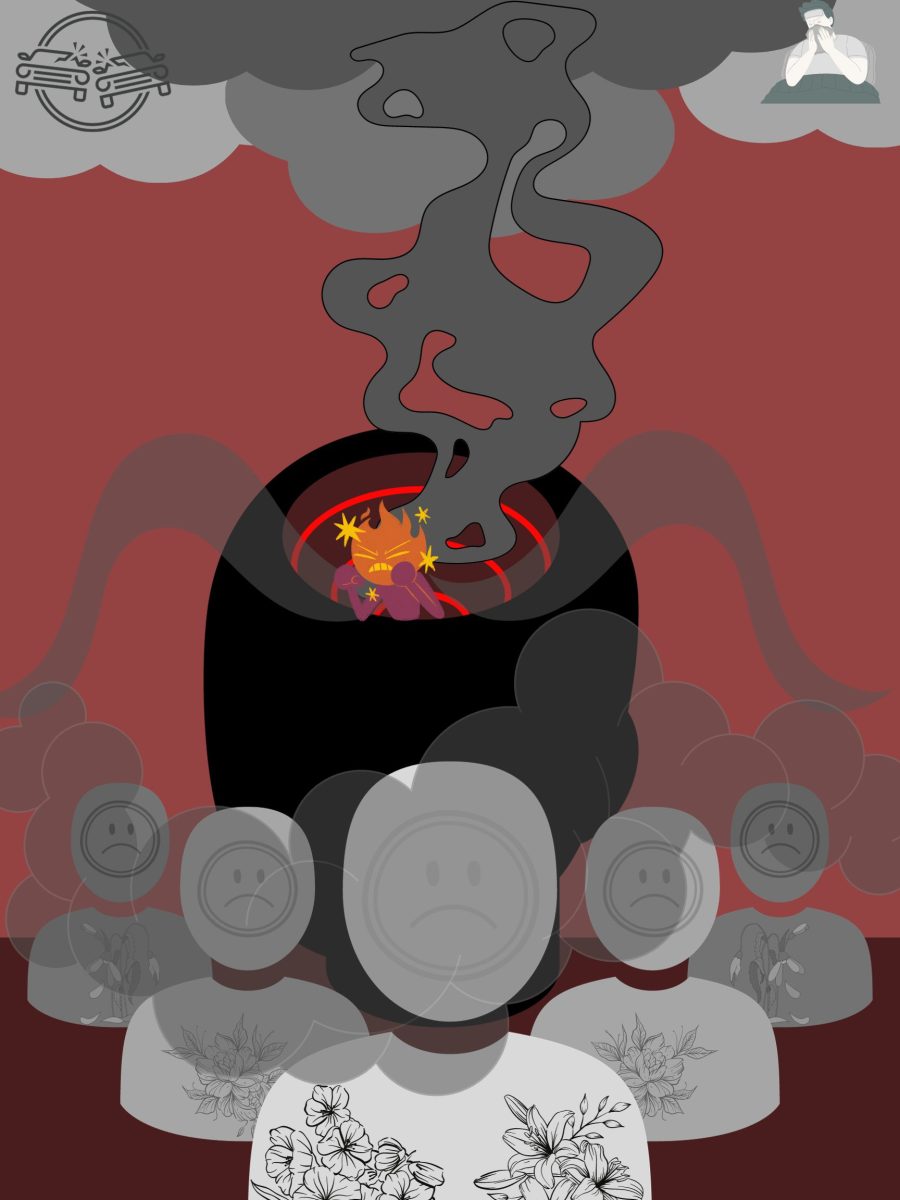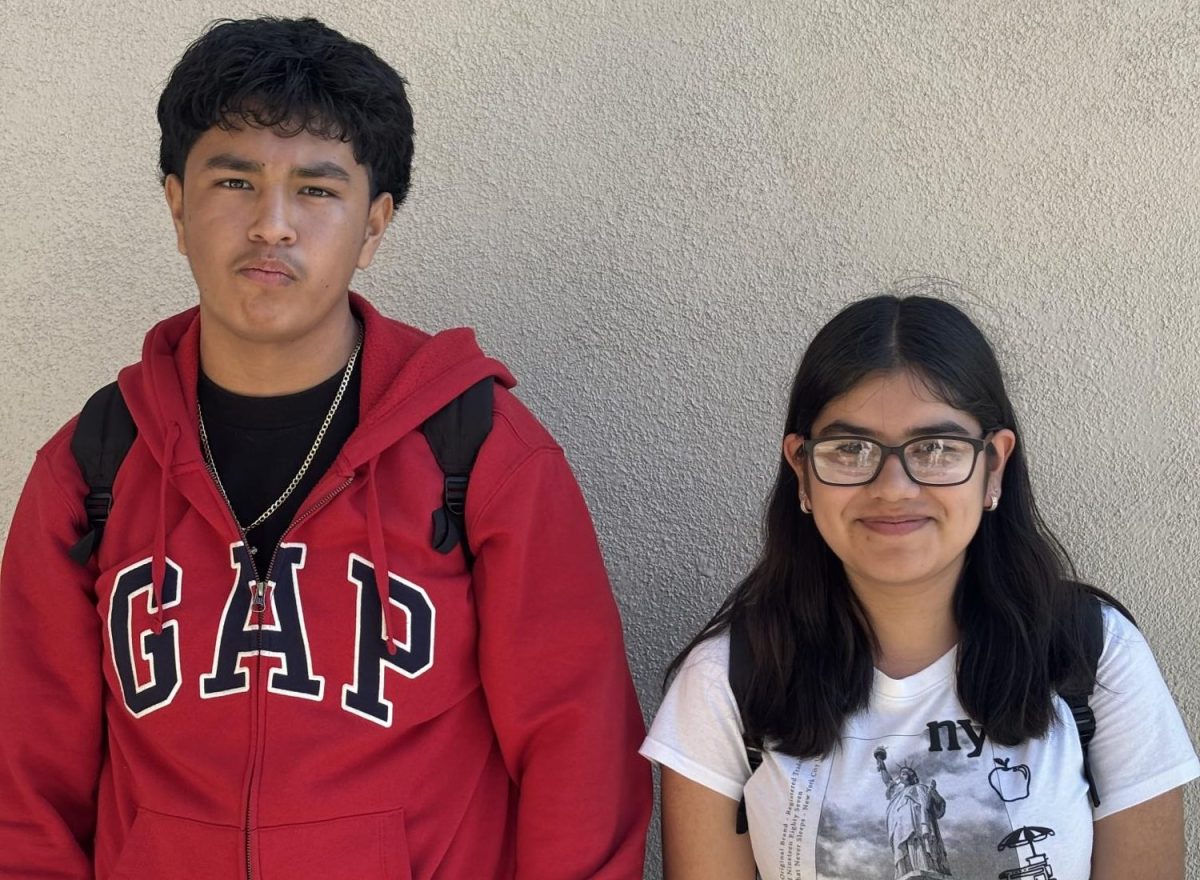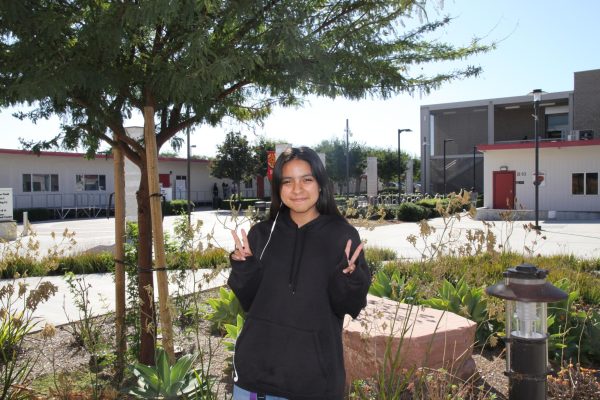The wind was subtle but sharp as ice. It blew into the home of a boy named Mason. He lay on his bed, hearing nothing but the gushes of wind against the window. The tranquility in this moment had made Mason suspicious. Without another moment, it was interrupted by the loud sounds of beer bottles crashing onto the floor. The rancid, putrid smell reeked. He knew he couldn’t blame her for her addictions “She had gone through enough,” was the thought that haunted him. He had always kept his thoughts and cries silent. Consequently, that bad habit of silence seeped into his future.
Generational trauma is a branch of psychology that hasn’t been researched to its fullest potential. This tiny branch of psychology is meant to describe the traumatic experiences that have occurred to one family which changes their behaviors negatively. Moving forward without recovery or awareness of their problems leads to an impactful, negative, effect on the next generation. Thus, it creates a cycle: The impacted generation moves on to affect the next generation, and so on. The cycle can begin with a family experiencing a loss in some form and can continue to move through generations with abuse including physical and verbal.
Not only that, generational trauma is cyclical, which means that it occurs in cycles. It can begin with environmental or non-interpersonal incidents. For instance,“subsections for non-interpersonal trauma such as illness or death.” said the National Library of Medicine. There are multiple branches of non-interpersonal trauma. Each one can have a major impact on how a child’s mind continues to develop.
“Well, I think your environment affects you a lot biologically, mentally, physically, whether good or bad. The bubble that you’re in that you learn, that’s where you learn all your behaviors when you’re little,”said counselor Janet Montes.
The cycle continues within the family. The Psychopathology of each family member is important to a child’s growth and development. Anything negative that goes untreated could lead to interpersonal trauma. Interpersonal trauma is a word meant to define the forms of abuse. Most commonly, physical and verbal abuse is a cause of the continuation of trauma which leads to the cycle.
“Each generation seemed to kind of learn from the previous one, with survivors telling children, ‘Don’t trust others, don’t trust the world,” said Brent Bezos in an article titled The Legacy Of Trauma.
Mental distress that goes untreated can end in serious consequences for future generations as the behaviors, actions and words get passed down. A parent’s psychopathology contributes to Intergenerational Transmission Of Trauma as it has the power to increase the likelihood of childhood trauma.
As children, people do not realize the severity of the words or actions that parents take. Their brains are barely in development, so what they see and hear is what they’ll learn and consider “normal’’ despite the fact it is toxic.
“You’re resilient when you’re a child. So I think it doesn’t always set in, but once you become more aware of everything in the world, is when everything that’s happened to you as a child kind of comes up,” said Montes.
Children can’t tell the difference between right and wrong, so they accept what they are given despite knowing that something may be missing. Abuses such as verbal and physical can take a toll. Children learn from behaviors they see and experiences they may encounter. Therefore, what they learn moves on to the relationships they can have with friends and family.
“If that’s the environment we grew up in, we think it’s normal. It’s not until you’re outside of that environment that you realize, oh, things can be different,” said Montes.
With the help of family and friends, anyone can learn, understand and realize that what has happened did impact them. Generational trauma doesn’t just affect children it has also affected their parents.
“They have generational trauma that came from generations before them- and they also have to come into that realization and accept that okay this is what’s going on but sometimes that’s really hard for them,” Counselor Arlene Quinonez said.
As a child becomes aware of the situation they were involved in, they will attempt to address the problem to their family. This can cause some tension and drawbacks within the family as former generations who have passed this trauma along don’t want to accept or address it anymore. This can cause even more harm to a child’s development.
“You don’t argue with them but it also makes you feel like you don’t have a voice and that’s very hard,” said Quinonez.
In truth, generational trauma is real and it can be seen in different ways. There are ways to better the affected family member and the family itself. Although it can be extremely challenging, once people get out of that entrapment, it can be freeing.
“I think generational trauma is that cocoon, like we’re in this cocoon, and we don’t wanna get out because we don’t know what’s out there but it can be so beautiful out there,” said Quinonez.


